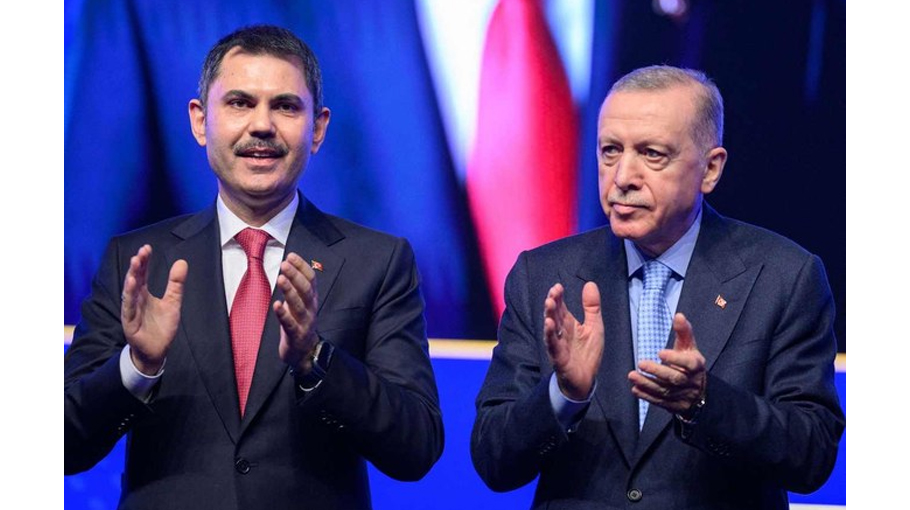Middle East faces multitude of challenges in 2024

In keeping with tradition, I would like to share my assessment about the major events of 2023 in Turkiye and the region.
A strong earthquake on Feb. 6 shook several southwestern provinces of Turkiye and proved that the government was not prepared for such calamities. Ten provinces were hit and about 6,000 people were killed. The number of wounded is estimated to be about 40,000. The government launched a big campaign to reconstruct the damaged or destroyed buildings.
In terms of domestic policy, the most important event of 2023 was the election day held on March 31. As expected, a majority of the municipalities were won by the ruling Justice and Development Party, known as the AKP. Another important event was the change in the leadership of the main opposition party, the Republican People’s Party. It remains to be seen whether the new chairman, Ozgur Ozel, will be able to infuse some dynamism into the century-old party.
Turkiye’s EU accession process continues to be dormant. It was mentioned among the titles of the EU agenda, but it was not debated. The bloc’s foreign affairs chief Josep Borrell last month mentioned that the European Commission would assess a report regarding the situation and the potential of common areas of interest pertaining to Turkiye. However, it has now been decided to take up this question in a future session. As an explanation, the commission said that it was decided to do so because of the hotter developments in the region.
Ankara volunteered to host, in 2026, the 31st Session of the Parties to the UN Framework Convention on Climate Change, COP31, but it was criticized for not making any active preparation in advance of the event and that it did not have a clear-cut policy on this subject. The Climate Change Performance Index, which is regularly published by a German institution called Germanwatch, hinted that Turkiye’s preparations were too slow.
There is a group of 63 countries that are responsible for 90 percent of greenhouse gas emissions. In 2022, Turkiye was 47th in this list. It has now dropped to 56th and is included in the category of “very low-performing countries.”
Meanwhile, the thaw in Turkish-Greek relations continued in 2023 and was crowned with a meeting of the High-Level Cooperation Council, which met on Dec. 7 in Athens. If both sides continue to demonstrate good will and moderation, there is no reason why these relations cannot continue to normalize.
In the international field, the Ukrainian crisis has dominated the agenda for more than a year, with no prospect of an early outcome. The EU provided Ukraine with only $19.3 billion in 2023. A further $50 billion was promised by the US, but it has so far fallen victim to domestic political considerations.
The mechanisms that were created after the Second World War for the peaceful resolution of conflicts have become ineffective.
Ukrainian President Volodymyr Zelensky admitted that the counteroffensive launched by Kyiv last July did not yield the expected results. He still hopes that his country may win the war with the support of Western countries, but admitted that the international community should be ready to sustain a protracted conflict.
Yasar Yakis is a former foreign minister of Turkiye and founding member of the ruling AK
Party. X: @yakis_yasar
Source: Arab News



